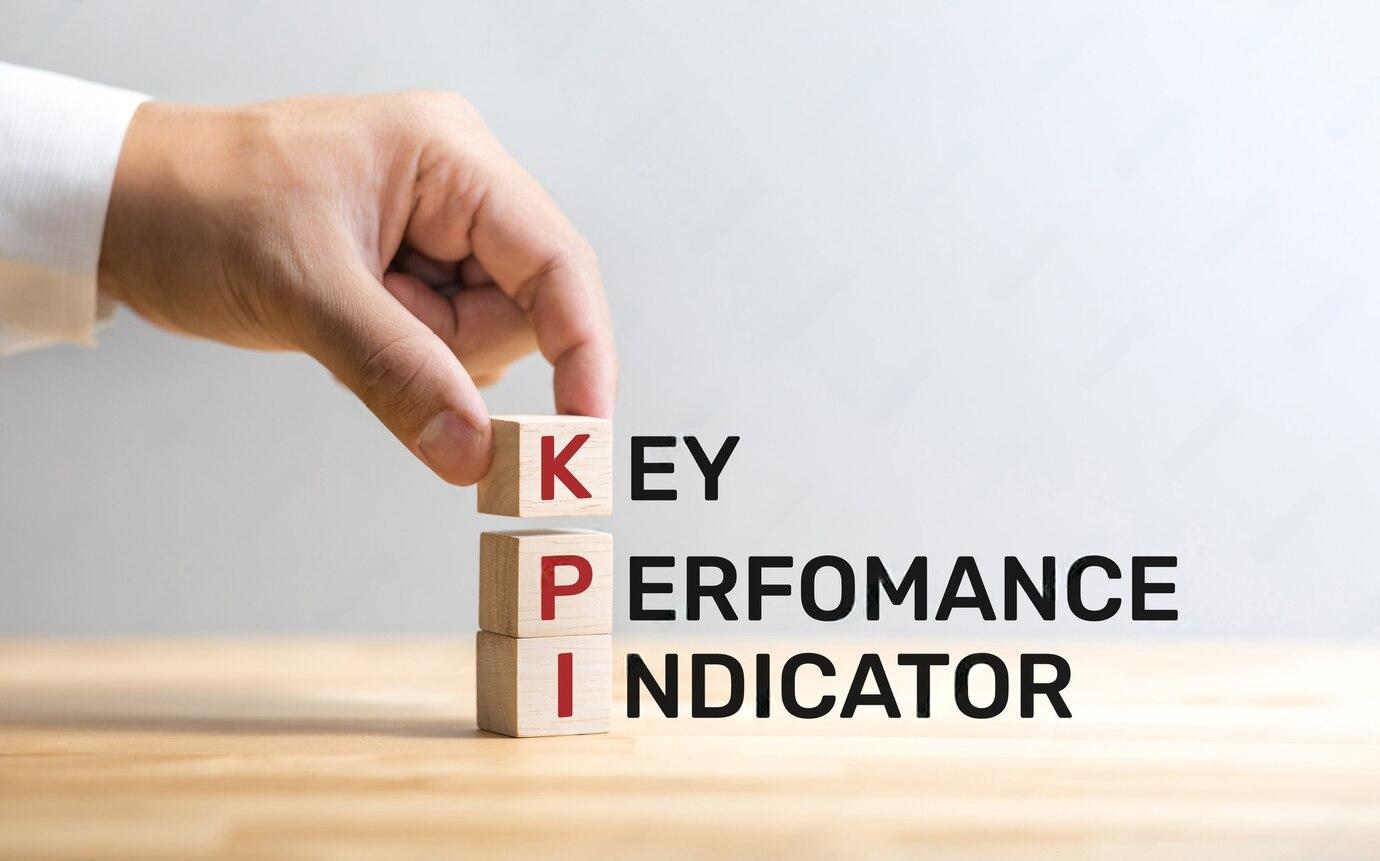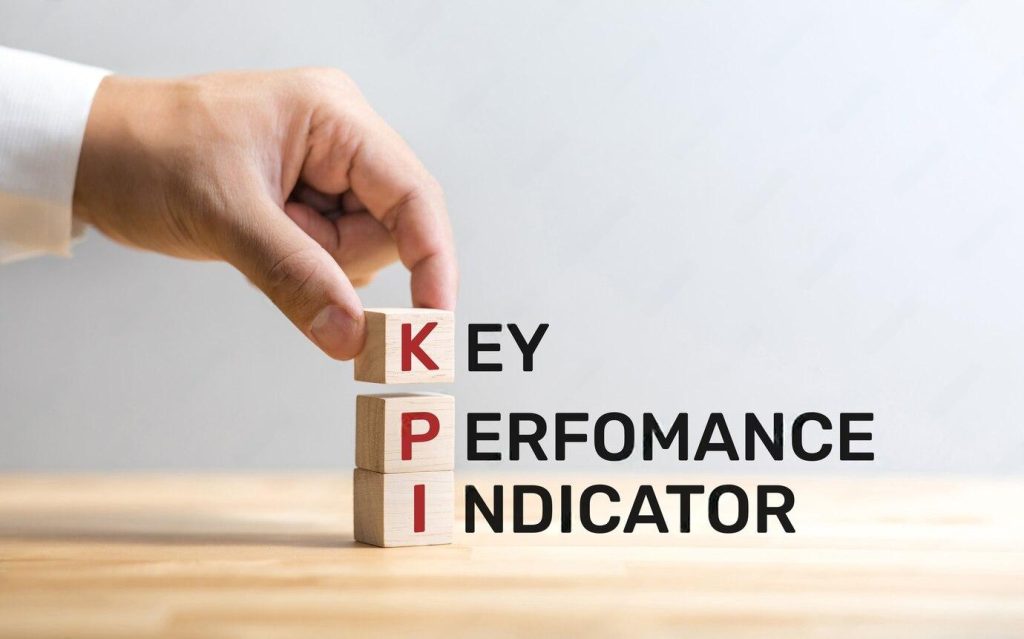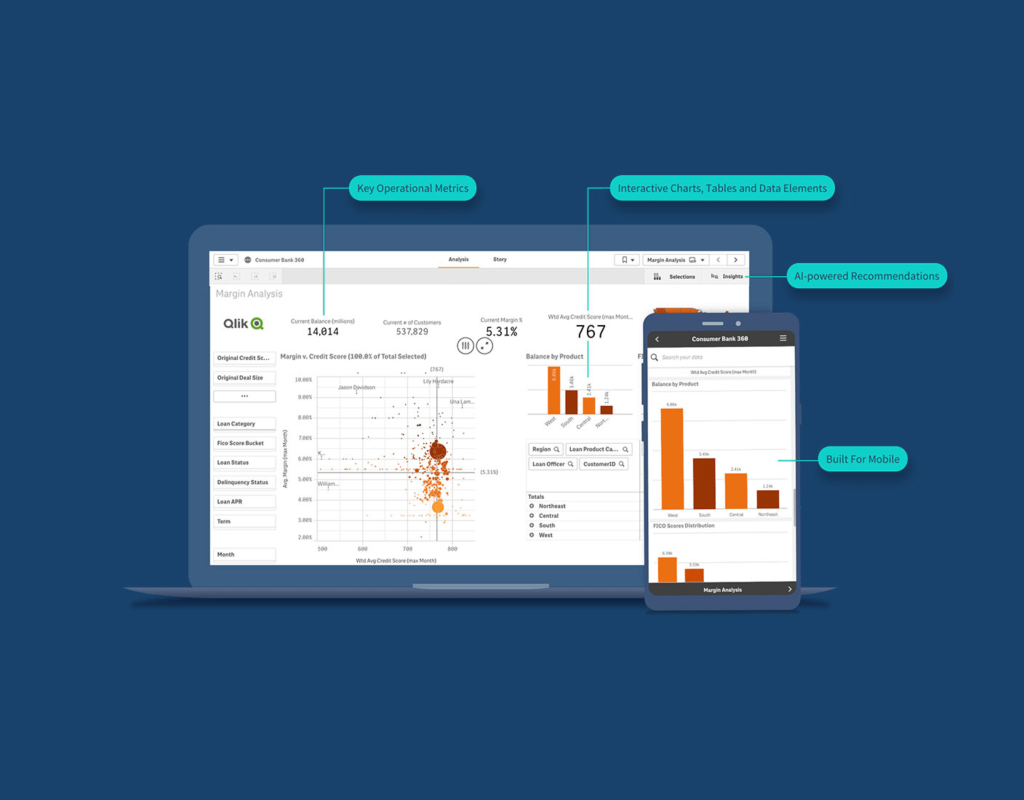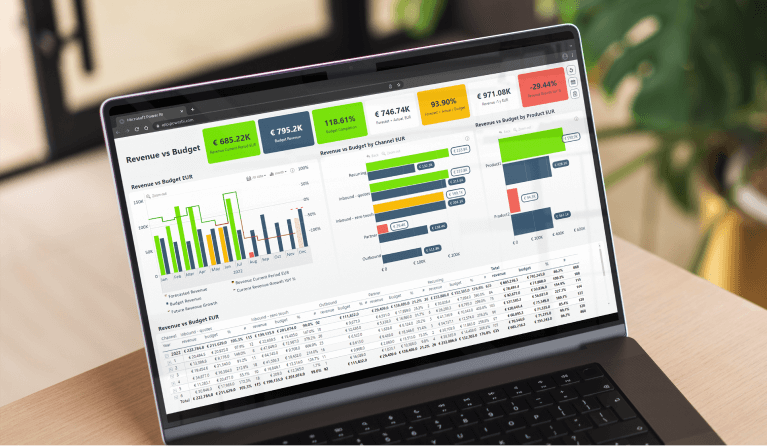Introduction: In today’s data-driven world, financial KPIs (Key Performance Indicators) are more than just numbers—they are the language of business performance. For companies operating across the USA, Australia, UAE, Europe, Singapore, and Canada, understanding and tracking the right KPIs is critical to strategic growth. But not all KPIs are created equal. Different industries and markets prioritize different metrics. In this blog, we explore the most impactful financial KPIs across global markets and how CFOs can leverage them to drive better decisions.
1. Why KPIs Matter More Than Ever Global expansion, remote operations, and increased market volatility have put pressure on CFOs to deliver real-time insights. KPIs help:
- Monitor financial health
- Compare performance across regions or stores
- Align financial goals with strategic objectives
- Enable proactive decision-making
Modern CFOs use KPIs not only to report results but to anticipate trends, manage risks, and optimize performance.
2. Core Financial KPIs Every Global Business Should Track Here are foundational KPIs that transcend industries and geographies:
a. Gross Profit Margin: Indicates product or service profitability. b. Net Profit Margin: Measures bottom-line efficiency. c. Operating Cash Flow: Tracks liquidity and operational strength. d. Current Ratio: Monitors short-term financial health. e. Days Sales Outstanding (DSO): Measures how quickly receivables are collected. f. Return on Equity (ROE): Gauges returns on shareholder investment. g. EBITDA Margin: Reflects operational profitability before interest, taxes, depreciation, and amortization.
3. Industry-Specific KPIs (with Global Context)
Manufacturing:
- Cost per Unit / Yield per Machine
- Inventory Turnover Ratio
- Capacity Utilization
E-commerce:
- Customer Acquisition Cost (CAC)
- Average Order Value (AOV)
- Cart Abandonment Rate
Retail Chains:
- Same-Store Sales Growth
- Gross Margin Return on Investment (GMROI)
- Stock-to-Sales Ratio
Professional Services:
- Billable Utilization Rate
- Revenue per Employee
- Client Retention Cost
4. Market-Specific KPI Considerations Different geographies emphasize different KPIs due to local dynamics:
- USA: Strong focus on cash flow, net margins, and debt ratios
- UAE & Middle East: Working capital efficiency, liquidity ratios due to supplier-led ecosystems
- Australia: Gross margin and inventory control are key in retail and manufacturing
- Europe: Emphasis on ESG-related financial indicators and long-term ROI
- Singapore: Focus on productivity metrics, cost efficiency, and tax planning KPIs
5. Why Power BI Dashboards are Essential for Global KPI Monitoring Managing multiple KPIs across countries is challenging without real-time systems. Power BI enables:
- Consolidated KPI dashboards across entities and geographies
- Drill-down insights by region, product, or business unit
- Alerts for KPI deviations and anomalies
CFOs can use these dashboards to have strategic discussions with business heads and take fast, informed actions.
6. How CFOPulse Helps You Track What Matters At CFOPulse, we help you:
- Identify the KPIs aligned to your industry, market, and goals
- Build live dashboards in Power BI that update automatically
- Review performance monthly and adjust strategies accordingly
- Benchmark your business against global best practices
We ensure you’re not drowning in data—but empowered by the right insights.
Conclusion: Financial KPIs are not just reporting tools—they are strategic levers. With the right metrics in place, global businesses can move faster, adapt better, and grow smarter.
CTA: Looking to set up KPI dashboards tailored to your business? Let CFOPulse help you track what truly drives performance.









